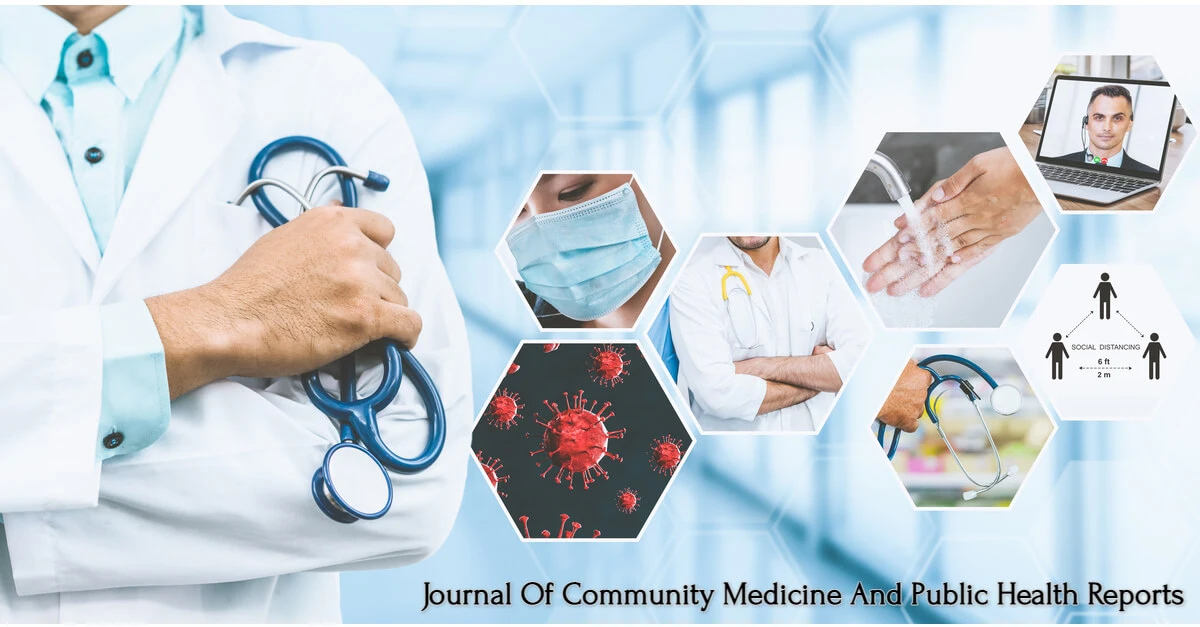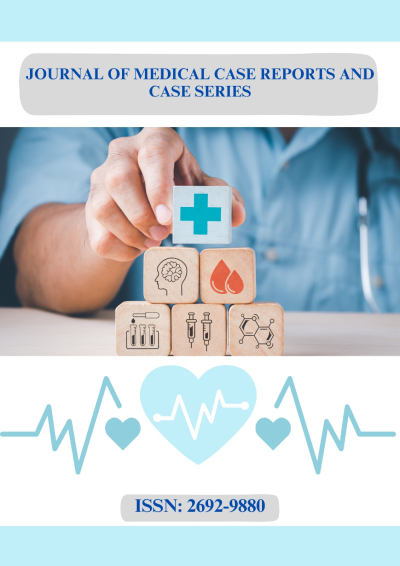Joseph Bacigalupo, DDS1, Lorne M. Golub, DMD, MSc, DSc, MDSc(h)2*, Timo Sorsa, DDS, PhD3, Hsi-Ming Lee, PhD2, Ying Gu, DDS, PhD 4, Stephen G. Walker, PhD2
1Private Practice, Hempstead, NY 11550, USA
2Department of Oral Biology & Pathology, School of Dental Medicine, Stony Brook University, Stony Brook, NY 11794, USA
3Dept Periodontology and Oral and Maxillofacial Diseases, University of Helsinki and Helsinki University Hospital, Helsinki, Finland and Karolinska Institute, Sweden.
4Department of General Dentistry, School of Dental Medicine, Stony Brook University, Stony Brook, NY 11794, USA
*Corresponding Author: Lorne M. Golub, DMD, MSc, DSc, MDSc(h), Department of Oral Biology & Pathology, School of Dental Medicine, Stony Brook University, Stony Brook, NY 11794, USA.
Short Communication
As previously stated, and we quote: “studies on oral and dental rehabilitation indicate that Host-Modulation Therapy (HMT), originally developed as an adjunctive treatment for managing microbially induced periodontal disease (periodontitis) around natural teeth, is also likely to promote the health of soft tissues and bone supporting dental implants.” [1-3] The need for this novel approach is supported by the high (16-65%) incidence of peri-implant disease [3] and its potential, as in periodontitis, for inducing systemic complications. Furthermore, Chang et al. (2021) [2] stated that “In most cases, the existing model for treating chronic periodontitis has been used for managing these implant-associated conditions and, with the possible exception of peri-implant mucositis, this approach has NOT been effective for peri-implantitis”. With these reports as background, we now summarize the clinical experience of the practitioner-author, Joseph Bacigalupo, DDS (Hempstead, NY). In brief: (1) J.B. began treating his periodontitis and peri-implantitis patients 23 years ago using adjunctive NON-antibiotic-dose doxycycline (Periostat®, 20mg bid); (2) approximately 800 patients have been, or still are being medicated (adjunctivally) with Periostat® (most of these patients with periodontitis; others with peri-implantitis); (3) the periodontal and peri-implant tissues continue to appear healthy and stable; (4) no significant adverse reactions to this novel HMT have been seen to date in this large group of patients; and (5) based on routine medical examinations, no issues have been raised by the patients’ physicians.
In conclusion, host-modulation therapy may serve as an effective adjunct to traditional mechanical procedures to treat peri-implantitis, enhance the long-term health of dental implants, and its well-known benefits in periodontitis. However, the authors recognize and stress the need for appropriate clinical trials to support (or challenge?) Dr. Bacigalupo’s extensive clinical experience.
In addition, current novel diagnostic approaches designed to identify actively destructive lesions (characterized by progressive deepening with time) and differentiate them from quiescent sites (periodontal pockets) around natural teeth could also be incorporated into managing dental implant patients. Such chairside tests are available and are based on the non-invasive detection of elevated (i.e., pathologically high) levels of activated leukocyte-type collagenase (aMMP-8) in peri-implantitis sulcular fluid (PISF) [4]. These were recently extensively discussed and have been scientifically substantiated over several years. [5]
References
- Golub LM, Lee HM, Walker SG (2021) A Novel Concept to Promote the Health of Dental Implants: “Host-Modulation Therapy”. Int J Phys Med Rehabil (PM&R). 9(S5): 1000002.
- Chang S, Glogauer M, Golub LM, Bacigalupo J, Sorsa T, Preshaw PM, et al. (2021) Host-Modulation Therapy for Periimplantitis: Current Systemic and Future Medical Applications; Recognizing the Potential Systemic Impact of Peri-implantitis on Systemic Disease. Oral Health. 10(5): 44.
- Golub LM, Lee HM (2020) Periodontal Therapeutics: Current Host-Modulation Agents and Future Directions. Periodontology 2000. 82(1): 186-204.
- Golub LM, Raisanen IT, Sorsa T, Preshaw P (2020) An Unexplored Pharmacologic/Diagnostic Strategy for Peri- Implantitis: A Protocol Proposal. Diagnostics. 10(12): 1050.
- Sorsa T, Nwhator SO, Sakellari D, Grigoriadis A, Umeizudike KA, et al. (2022) aMMP-8 Oral Fluid PoC Test in Relation to Oral and Systemic Diseases. Front Oral Health. 3: 897115.



